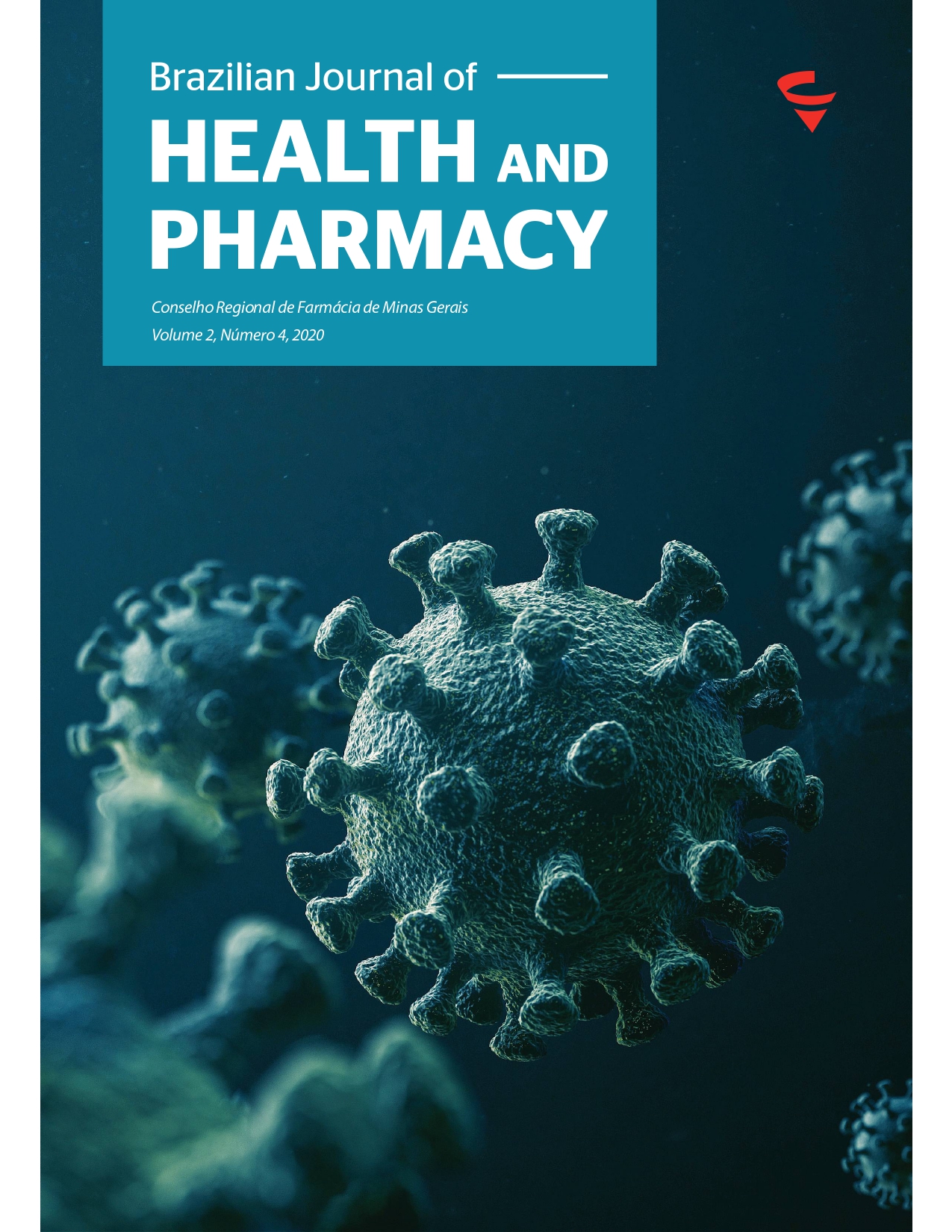Abstract
The health professionals are subject to face ethical and moral dilemmas in their daily lives. However, in times of collapse of the public and/or private health system, such as what occurred in some parts of the world, caused by the coronavirus disease pandemic 2019 (COVID-19), these dilemmas become more evident and harder to be equationed. Thus, it is objected in this study to raise a reflection about the dilemmas of the value of human life, lives by health professionals, especially in moments that require quick and complex decision making. For this reflection it was utilized, as a theoretical referential, the work of the philosopher Michael J. Sandel - “Justice: What’s the Right Thing to Do?”. Some decision -making criteria were analyzed in hypotheses of ethical and moral dilemmas. Through the reading of Michael J. Sandel’s work, the trolley problem was considered, as well as the utilitarian theory, tracing a parallel with real cases of ethical conflicts such as the “Panel of Gods” from Seattle, instituted in the face of treatment scarcity for chronic kidney patients as well as the contemporary sanitary crisis occasioned by the COVID-19 pandemics and the dilemma that is faced when, in a collapsing health system, it’s necessary to choose which patients to treat with the sparse available resources, raising the questioning about the value of the human life. In this scenario, the decision about the priority of care will be in the hands of the health professionals who, besides having to make hard decisions, in the end, can be held responsible for choices that were determined previously in the political and economical spheres.

